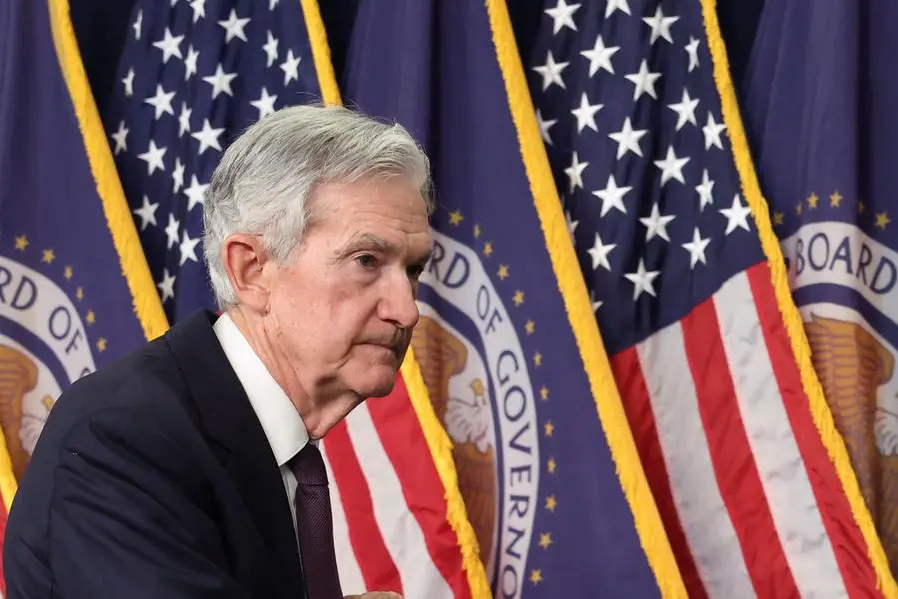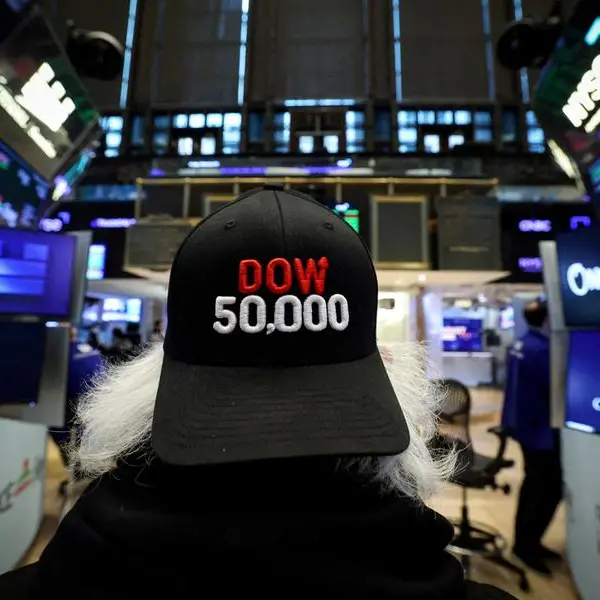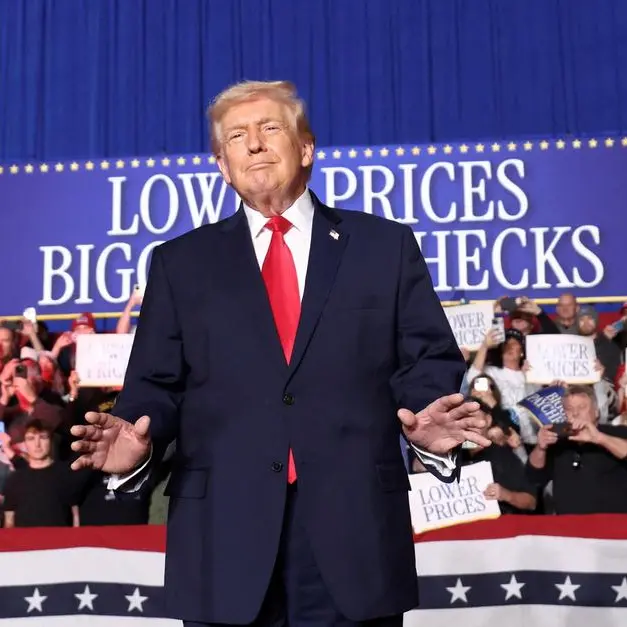PHOTO
(The opinions expressed here are those of the author, a columnist for Reuters.)
ORLANDO, Florida - Federal Reserve Chair Jerome Powell's tenure is up in a year, so as the central bank puts together its final framework under his leadership, it's useful to consider his legacy at the helm of arguably the world's most powerful financial entity.
Powell last week offered his thoughts on how the Fed's policy tools, communications and strategy may evolve over the next five years as the central bank prepares to release its new review later this year.
No one knows what the economic landscape will look like in a few months, never mind five years. But it's reasonable to assume that inflation, interest rates, policy uncertainty and macroeconomic volatility could all be higher than in the previous five.
This is a tough environment in which to effectively conduct and communicate monetary policy. In some ways, it's a mirror image of the conditions that prevailed during the Fed's last five-year review in 2020, which came after years of inflation undershoots and near-zero interest rates.
The Fed has an explicit dual mandate to implement policies that promote "stable prices" and "maximum employment". In the years leading up to the inflation spike of 2021-22, the focus appeared to be tilted toward promoting growth amid fears of "secular stagnation". Indeed, in 2020, the Fed introduced a flexible average inflation targeting (FAIT) framework, which allowed for overshoots above the central bank's 2% target to compensate for years of weak, sub-target inflation.
It is widely believed that this framework was effectively ended by the wave of inflation that followed the pandemic. Of course, no one expects the Fed to get inflation to exactly 2% and keep it there indefinitely, so averaging of some sort will always be factored into policymakers' decisions.
In a "de jure" sense, therefore, FAIT may not have been scrapped, but in a "de facto" sense it has been, meaning the institution Powell leaves to his successor may well be one with an unspoken but implicit focus on being – first and foremost – an inflation-focused body.
"Anchored (inflation) expectations are critical to everything we do, and we remain fully committed to the 2% target today," Powell said. That's Fed-speak 101, but it's important that it be repeated: consumers' long-term expectations are the highest in 35 years and one-year expectations are the highest since 1981.
LEGACY
Powell's critics will argue he's partly to blame for this, as he allowed inflation to run hot after the pandemic. FAIT and his belief that the 2021 surge in inflation would prove "transitory" are probably the blackest marks on his legacy.
A Gallup poll in April showed that Powell had a 37% approval rating with the general public, close to the 36% he scored two years ago. That was the lowest of any Fed chair since the survey series began in 2001.
Interestingly, despite President Donald Trump's public antipathy towards the Fed chair, Republicans have the most positive view of Powell, with 43% saying they have confidence in him, compared with 37% of Democrats and 32% of Independents.
But if Powell's actual track record is anything to go by, he may be a bit undervalued. Major macroeconomic indicators suggest Powell has successfully steered the U.S. economy through a particularly tumultuous five years, including a pandemic, massive global supply-chain disruption, regional banking crisis, and a global trade war. Whether by accident or design, the U.S. economic ship has remained steady with Powell in command.
Today's unemployment rate of just above 4% is well below the roughly 6% average seen over the last 25, 50 or 75 years. Inflation is 2.3%, the lowest in four years and near target, and, perhaps most impressively, the economy avoided recession following the most aggressive series of interest rate hikes in 40 years.
That's a decent legacy, which will be further enhanced if the central bank is able to keep a lid on the tariff-fueled inflation economists reckon is coming later this year.
True, that's a big "if", but Powell's track record and the outline for improving communication and strategy in the Fed's new policy framework suggest this may be achievable.
It remains to be seen how history will judge Powell. Former Fed Chair Alan Greenspan was called "the maestro" for his ability to support robust growth in the 1990s, but his loose attitude toward financial regulation was severely undermined by the 2008-09 Global Financial Crisis.
Paul Volcker is still widely hailed as the most successful Fed Chair of all time, after he "broke the back" of double-digit inflation in the early 1980s by raising interest rates to almost 20%. There was a price for that though – 10% unemployment and deep recession from which large swathes of U.S. industry never recovered.
In the case of Powell, only time will tell. Much may depend on what happens over the next 12 months, and perhaps, the next five years.
(The opinions expressed here are those of the author, a columnist for Reuters)
(By Jamie McGeever; Editing by Kirsten Donovan)





















